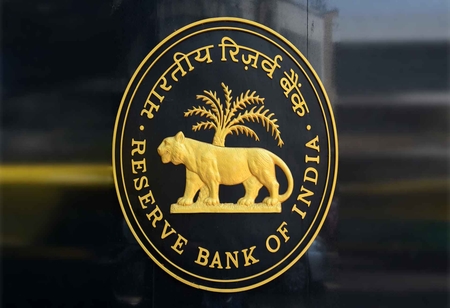When we talk about the public sector banking system in India, former RBI governor Urjit Patel in his new book Overdraft (Saving the Indian Saver) talks about a trilemma facing Indian Central Bank and the Government.
He had written, “The sovereign (government) and the regulator (RBI) face a trilemma: It is clear that it is not possible to: (i) have dominance of government banks (public sector banks) in the banking sector; (ii) retain independent regulation; and (iii) adhere to public debt-gross domestic product (GDP) targets."
Along with RBI the Government cannot hope to achieve all the stated points at the same time, as only two of these aforementioned points can be looked up and achieved. For instance, they can work on making the public sector banks dominant while at the same time also ensure the public debt will not go up.
If we look at these kinds of scenarios, the Reserve Bank will have to compromise on independent regulation, while PSBs will also have to increase lending at a fast face so as to dominate the banking system. This would also lead to bad loans or loans which haven’t been rapid for ninety days or more. If this rises (recoveries of bad loans become minimal), PSBs will have to help them keep going, while, government puts more money into the PSBs. The public debt to GDP ratio will substantially eise and also will have to borrow more money.
To help PSBs in not recognizing bad loans, the central bank will have to dilute some regulations as the Government need not invest in the PSBs immediately. The public debt to GDP ratio will not rise right away, and PSBs will have a greater market share. However, there is a chance that the central bank will have to change or divert banking regulations.
Hence, if the central bank changes or dilutes the regulations, neglecting the bad loans might lead to postponement which might have a bigger picture. This problem does not arise in the early going but will definitely after have an effect in later years.
As Patel writes: “The decline in the share of government banks in the banking sector should not be resisted… Current trends broadly suggest that the banking sector is increasingly privatized, by stealth, much like the telecom sector."
The share of PSBs in overall lending has dropped sharply to 57.5% from 75.1% at present. They will cause fewer headaches for the government and the central bank in the decades to come, if PSBs keep losing their share.
 Magazine
Magazine
